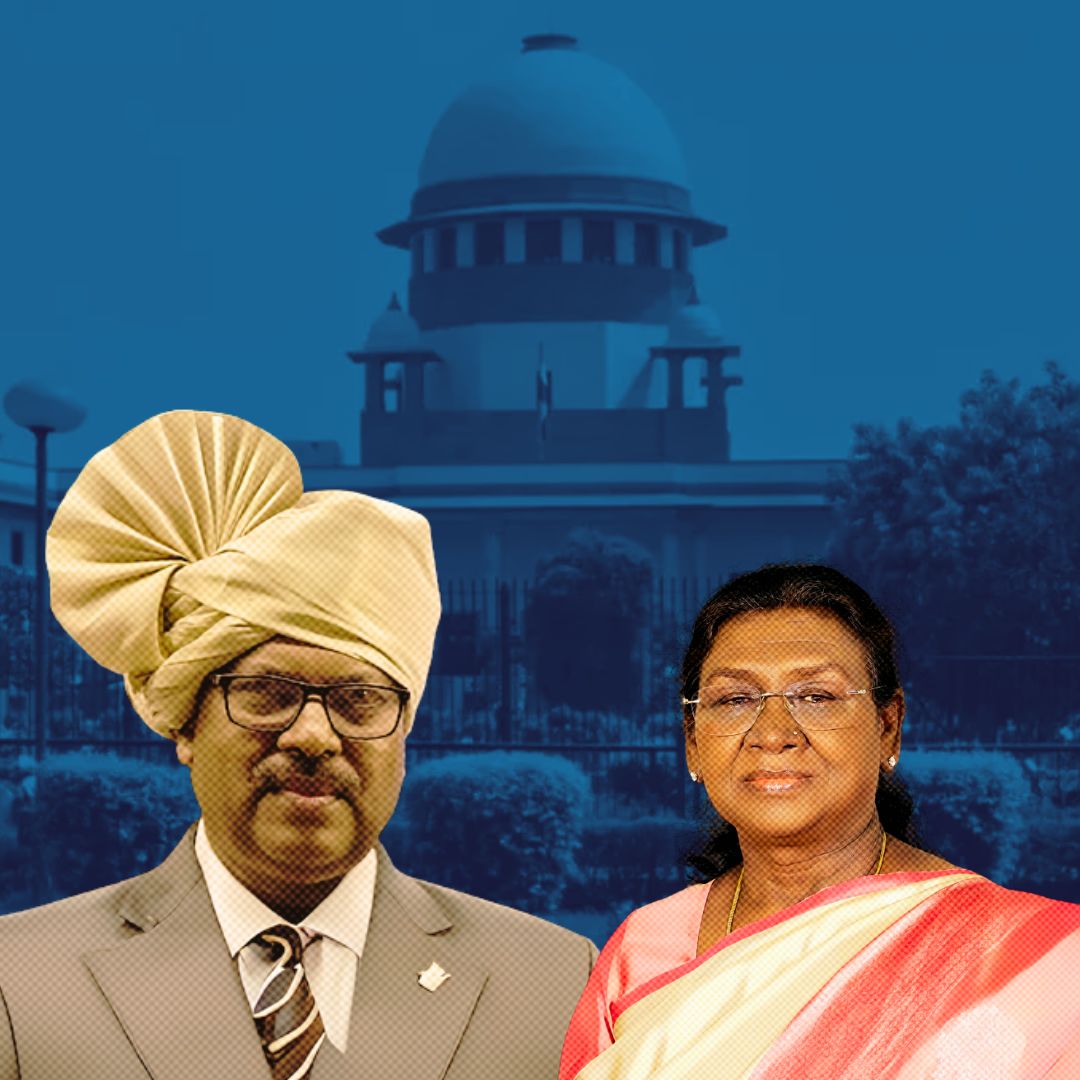President Droupadi Murmu appointed Justice Bhushan Ramkrishna Gavai as India’s 52nd Chief Justice of India (CJI) on April 29, 2025, following a formal notification by the Union Law Ministry.
Justice Gavai, the senior-most Supreme Court judge after outgoing CJI Sanjiv Khanna, will take oath on May 14, 2025, and serve a six-month tenure until his retirement on November 23.
His appointment marks a historic moment as he becomes only the second CJI from the Scheduled Caste community, following Justice K G Balakrishnan (2007–2010). Union Law Minister Arjun Ram Meghwal confirmed the appointment, stating it adhered to constitutional protocols under Article 124(2).
A Jurist Rooted in Social Justice and Progressive Rulings
Born on November 24, 1960, in Amravati, Maharashtra, Justice Gavai began his legal career in 1985 and was elevated to the Supreme Court in 2019. His father, the late Ramkrishna Suryabhan Gavai, a former governor of Bihar and Kerala and a staunch Ambedkarite, deeply influenced his commitment to social equity.
Over his four-decade career, Justice Gavai has authored nearly 300 judgments, including landmark rulings such as upholding the abrogation of Article 370 (2023), annulling the electoral bonds scheme (2024), and endorsing sub-classification within SC/ST reservations to prioritise the most marginalised communities.
In a 2023 labor rights case, he asserted, “The legal framework exists to ensure that those who contribute to the economy are not deprived of their basic human dignity,” reflecting his focus on equitable justice.
Constitutional Protocol and Environmental Stewardship
Justice Gavai’s appointment followed outgoing CJI Sanjiv Khanna’s recommendation on April 16, 2025, as per the seniority convention. His tenure will prioritize pending constitutional matters, including environmental conservation and social justice.
Notably, he recently headed a bench mandating a 15-day notice period before property demolitions, emphasizing procedural fairness: “No authority shall proceed with demolition without issuing a prior showcause notice” (2024).
In a 2023 ruling protecting Hyderabad’s Kancha Gachibowli forest, he underscored judicial accountability for ecological preservation, stating, “Nature does not belong to us; we belong to nature.” His rulings on tribal land rights and pollution control further highlight his holistic approach to justice.
The Logical Indian’s Perspective
Justice Gavai’s ascension to India’s highest judicial office signifies a transformative step toward inclusive representation and accountability.
His jurisprudence, rooted in amplifying marginalised voices and safeguarding constitutional morality, aligns with India’s founding ideals of justice, liberty, and fraternity. As he prepares to lead the judiciary, his tenure could catalyze reforms to bridge gaps between legal promises and grassroots realities.
How can India’s legal ecosystem further empower disadvantaged communities while balancing developmental and environmental imperatives? Share your thoughts below to foster a dialogue on equitable progress.












